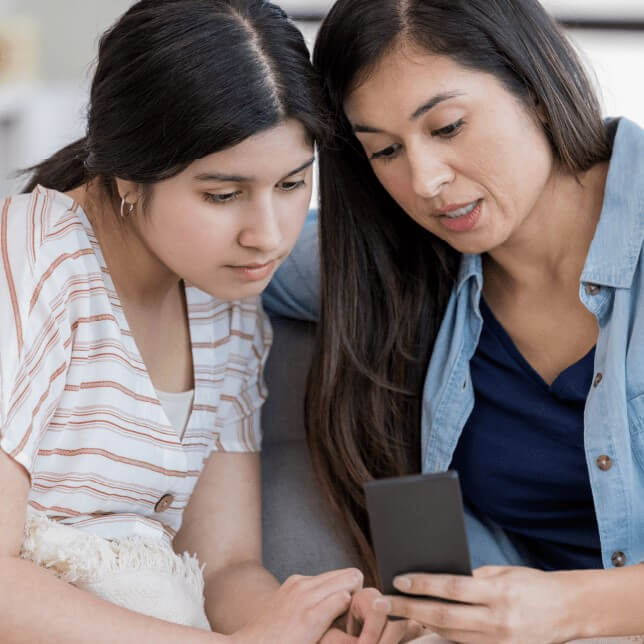Who Gets Sick?

Who lives and who dies can be based on where people live, learn, work and play.
Social determinants of health – where people live, learn, work and play -- are powerful predictors of a person’s health. According to the World Health Organization, these are shaped by money, power and access to resources. This results in unfair and avoidable health outcomes for certain people. In a pandemic like COVID-19, the results are highlighted in life and death.
“It’s scary for black and brown people, especially when listening to media stories that point out these groups are getting hit harder by COVID-19 because of co-morbidities,” said CHA Director ACO Network Operations, Wilfred McCalla. “What few stories point out is that black people have such high levels of diabetes, high blood pressure and asthma because of many race-based factors, including the accumulation of chronic stress.”
When something is treated well, it will thrive. This is beautifully illustrated in The Gardener’s Tale -- an allegory by Dr. Camara Jones, past president of the American Public Health Association. This story shows how racism impacts health and how systems and institutions can harm people with biased policies and unequal treatment - things that CHA strives to eliminate.
|
|
|
| |
Health Disparities with COVID-19
Data with COVID-19 are shocking. For example, in Louisiana and Michigan - 70% of people who have died are black, although black people only make up 30% of the population. This mirrors what's happening across the country. There are striking disparities based on racial divides around economic opportunity and healthcare access.
|
|
| |
|
|
Back in January and February, COVID-19 testing was only done on people who traveled abroad. But few poor people were returning from Europe. This policy cut off testing access to marginalized groups, making it more difficult to protect them.
“At CHA, when we say, Care to the People, we mean it,” said Leah Zallman, MD, Director of Research, Institute for Community Health. “We look at the whole person and find out all the things that impact their health -- racism, poverty, food security, housing and more. We then work to get people connected to what they need.”
That’s why CHA created CHA Connect. This free, online database connects people to local community resources. These resources are especially important in a public health crisis.
An additional vulnerability for marginalized groups (immigrants, people of color, and LGBTQ+ groups) is that they are often essential workers. They are the ones working in grocery stores, nursing homes, as first responders and in public transportation. They can’t tele-commute during stay-at-home orders putting them disproportionally on the front-lines. This does not reflect the many local immigrants and LGBTQ+ people who have lost their jobs completely.
“CHA is all about improving lives,” added Dr. Zallman. “We’re doing the research to help change policies and in this crisis, we’re doing all we can to help the people who are getting hit hardest by this disease.”
CHA Resources
- Connect to community resources and services with CHA Connect.
- Call CHA Financial Assistance at 617-665-1100, Monday - Friday, 8:30 a.m. - 4:00 p.m. to get healthcare coverage.
- Find COVID-19 information in your language at CHA’s Multilingual Resources page.
- Call your primary care provider to get mental health support.
- You are not alone. CHA can help you. We are more than your healthcare provider. We bring “Care for the People”.
Disclaimer
This articles provide general information for educational purposes only. The information provided in this article, or through linkages to other sites, is not a substitute for medical or professional care, and you should not use the information in place of a visit, call consultation or the advice of your physician or other healthcare provider.